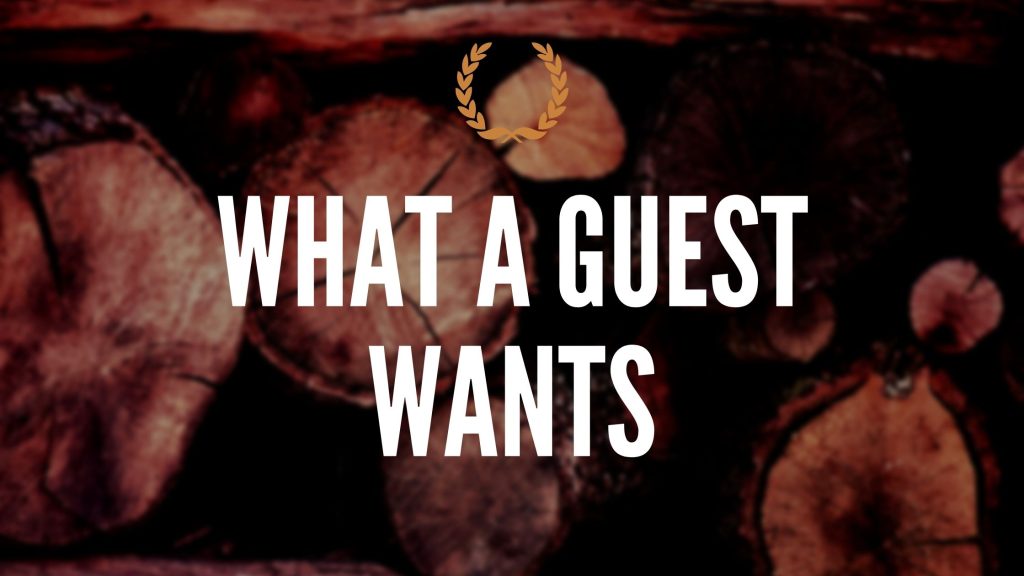Besides, after Covid-19 broke out, RWAs (Resident Welfare Associations) have been against allowing outsiders into apartment complexes. This stance will likely stymy even those who continue to take bookings on the platform. Airbnb’s dependence on inbound travel, say industry executives we spoke with, will also make things tougher. With this channel cut off, it must target domestic travellers instead.
“If the available inventory goes down or is not visible then it does affect the aggregator. Not only does their commission go down but customers may also move to other channels for lack of choice,” says a hospitality expert. He declined to be quoted because of his past association with Airbnb. Airbnb itself declined to participate in this story.
If Airbnb is to survive the current crisis, it must fundamentally revamp the way it does business. In the past, it’s onboarded hotels to appeal more to Indian travellers. Now, it must look to areas like longer-term rentals and corporate travel.
What a guest wants

Nobody is sure when people will begin travelling again. But even when the gears of the travel industry begin grinding again, one thing is certain—the mentality of travellers will no longer be the same. Hygiene and cleanliness will be of utmost import.
Hotels, with their standardised processes and solid staffing, will probably be far more appealing than homestays. While larger, more upscale properties may have the means to implement safeguards, Airbnb will largely be catering to domestic travellers in the near future. The vast majority of these, as evidenced by the mushrooming of budget hotel chains in the country over the last five years, will likely be price-sensitive. However, when it comes to budget homestay options—in the range of Rs 700-Rs 1,500 ($9.10-19.50) cleanliness and hygiene problems are particularly acute.
Already, there are examples of hosts on Airbnb playing up hygiene and cleanliness in their listings to attract guests. For example, the listing below details how the property has been disinfected thoroughly to minimise risk of contracting the virus.
“From an aggregator point of view, the problem is how do you control and maintain hygiene standards on an everyday basis. And it’s not just about changing linen. A lot of other things need to be done. It’s going to be very difficult for a marketplace to ensure that,” says Chetan Kapoor, co-founder of Videc, a travel and hospitality advisory firm.
It’s little wonder then that industry experts feel Covid-19 will hurt alternative accommodation, specifically homestays, far worse than hotels.
The only demand, say experts, will be in drive-in destinations—places adjacent to cities. This is because people will avoid public transport such as flights and trains for a while. While this may work out for homestays at these places, more remote locations will likely see demand evaporate.
A host of problems
In Goa, one of the crown jewels of India’s travel and tourism sector, the impact on homestays is clear as day. Captains Quarters, a luxurious 4-BHK villa with a private pool in North Goa, is desolate. The premium property— priced at Rs 26,500 ($344.54) per night—is popular among the partying crowd and is usually booked out at this time.